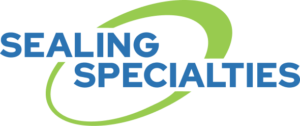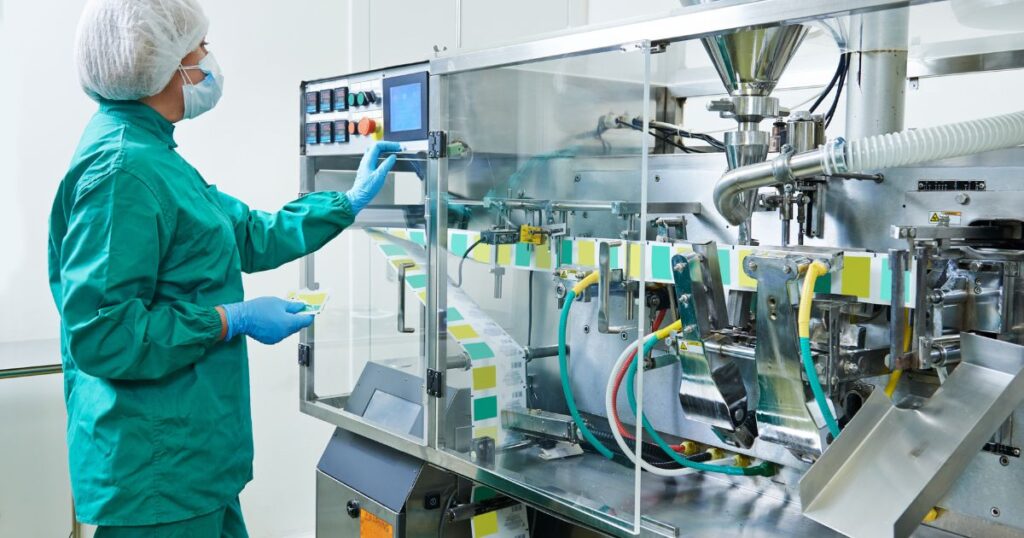Industries facing complex and demanding sealing needs must meticulously select solutions that ensure exceptional performance, reliability, and safety. Whether engineered seal products, braided packing, custom molded rubber seals, O-rings, or sheet gaskets, each industry has its distinct challenges—from severe conditions in the automotive sector to the ultra-sterile requirements of the medical field. This article offers insights into the critical industry-specific considerations for choosing the perfect seal, equipping you with knowledge tailored to your specific requirements. Navigate to your industry and discover what you need to know when selecting your seal, and how to select the best seal for your industry.
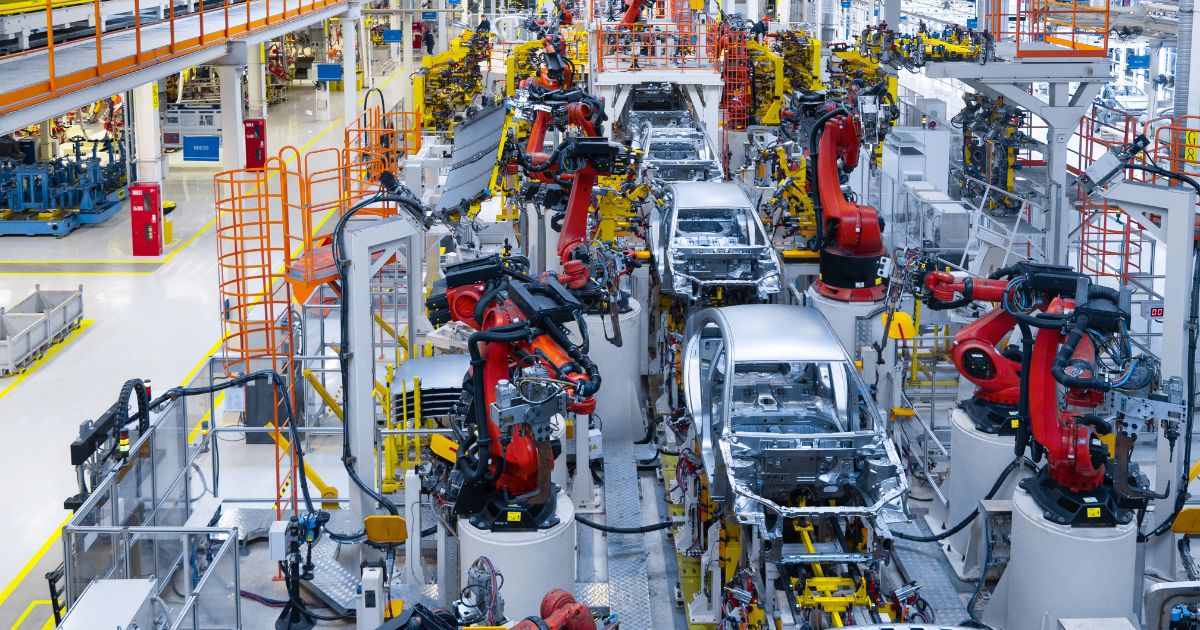
Automotive
Navigating varied terrains and climates, the automotive sector demands innovative seals to ensure enduring efficiency and safety.
What to consider:
- Temperature variations: Cars often face extreme temperature swings, from freezing winters to blazing summers. Seals must remain effective across this climate spectrum.
- Fuel additives: Modern fuels contain numerous additives that seals must resist to prevent breakdown and leaks.
- Dirt accumulation: Off-road and daily driving expose vehicles to dirt and debris, challenging the seals to maintain their integrity.
- Diverse environments: Cars encounter varied environments, from coastal salt-laden air to desert dust, necessitating adaptable seals.
- Long service lives: Today’s cars are designed to last, and seals must endure the vehicle’s lifespan without frequent replacements.
- Other considerations: The automotive industry may also need to consider the use of lightweight (using lighter materials to increase fuel efficiency), automation integration, electric vehicle-specific concerns (like battery technology and charging systems), and noise/vibration/harshness (NVH) control when choosing seals.
Overcoming Chemical Incompatability
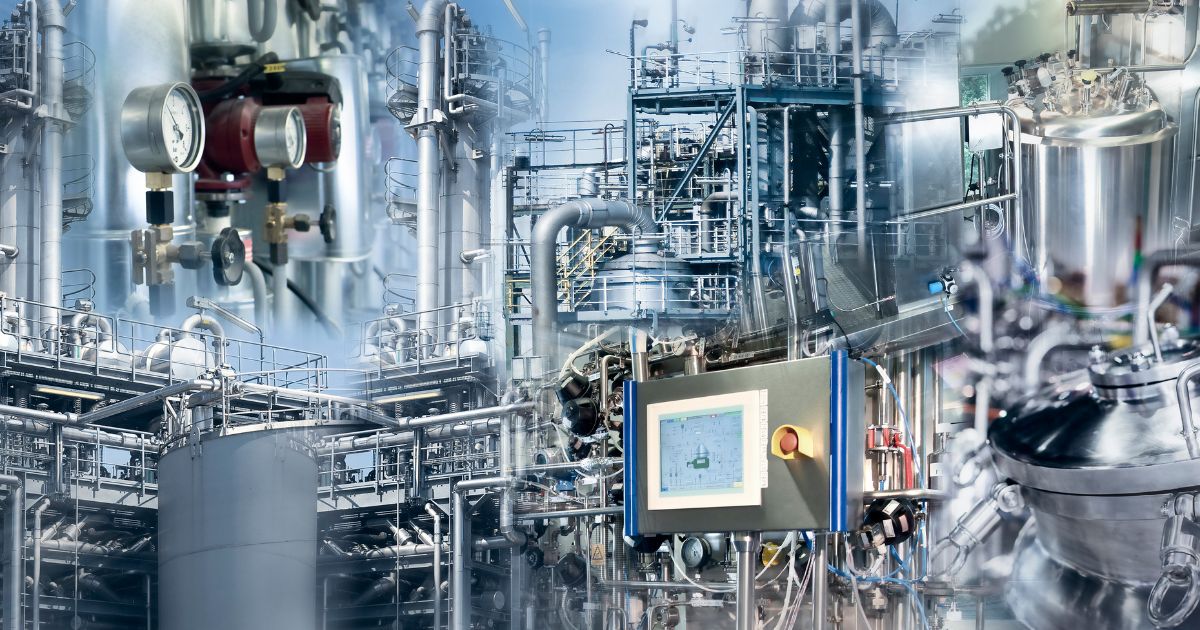
Chemical
With diverse chemical interactions and strict safety requirements, the chemical industry relies heavily on robust and long-lasting seals.
What to consider:
- Chemical Resistance: Seals face exposure to many chemicals and must resist degradation. As a result, the chemical industry commonly opts for materials like FFKM (perfluoroelastomer) and FKM fluoroelastomer Viton® O-rings. These seal compounds exhibit robust resistance to aggressive chemicals.
- Environmental Conditions: Chemical seals must function optimally, from high-temperature reactors to cold storage, across different conditions. Parker’s FF156 FFKM seal, made from perfluoroelastomer, is an excellent solution for its unparalleled chemical resistance and impressive temperature stability. It can endure temperatures as high as 527°F (275°C) and is preferred for even the most challenging chemical environments.
- Safety Regulations: Given the hazardous nature of some chemicals, seals must adhere to strict industry safety standards to prevent leaks and spills.
- Other considerations: When selecting seals, the chemical industry may also need to consider waste management, scaling for mass production, and evolving formulations based on environmental regulations.
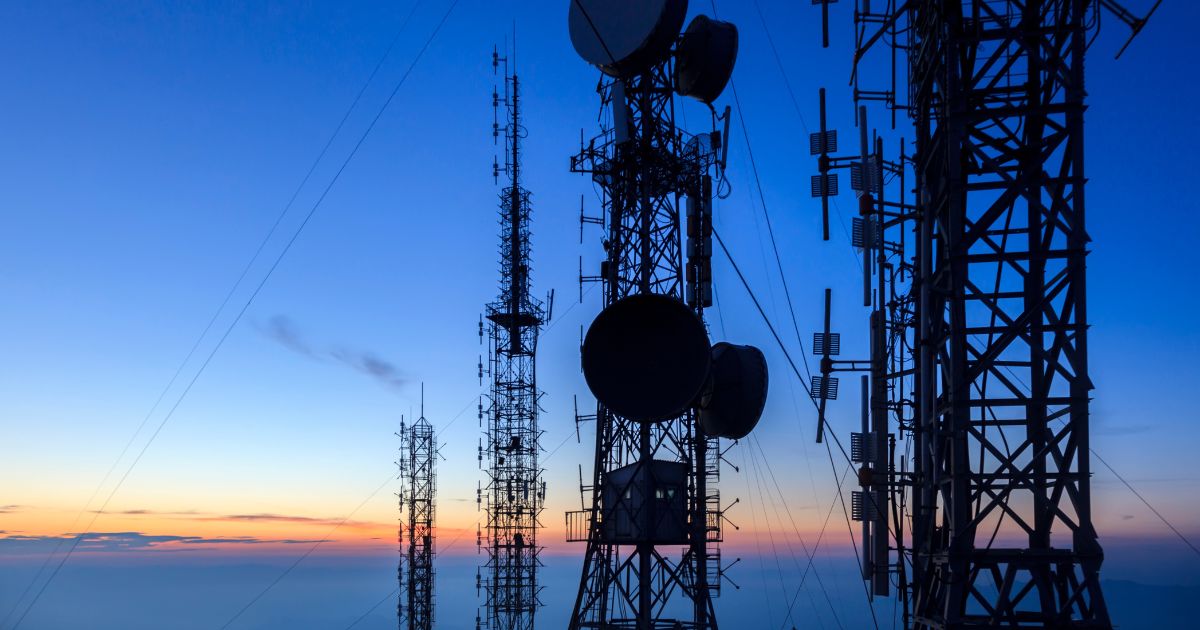
Communication
The communication industry requires sealing solutions that keep pace with rapid technological advances and diverse environmental conditions, supporting our interconnected digital world.
What to consider:
- Environmental demands: Communication equipment might be stationed outdoors, requiring seals resistant to weathering and UV radiation.
- Durability in varied conditions: Seals must withstand diverse conditions, from underwater cables to satellite equipment.
- Adaptability to fast-paced tech advancements: As tech evolves, sealing solutions for the communications industry must keep pace. This will ensure compatibility with new designs and materials.
- Resistance to electromagnetic interference: Seals that offer resistance to electromagnetic interference help maintain signal integrity and minimize potential disruptions from external electronic sources.
- Other considerations: The communications industry may also need to factor in the miniaturization of devices, the necessity for low signal loss, and the thermal management of high-performance equipment when selecting seals.
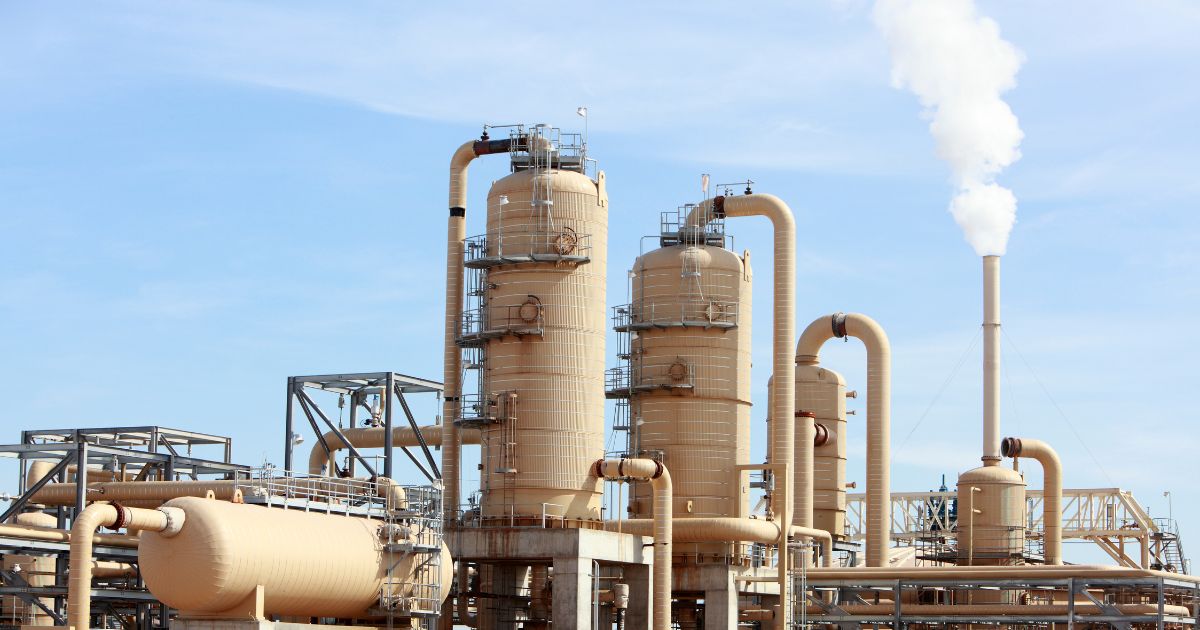
Energy
Powering civilizations, the energy sector operates under intense variables and needs seals to withstand the industry’s extremes.
What to consider:
- High temperatures: Energy production, especially in oil and gas, can involve extremely high temperatures, challenging seal resilience.
- Rapid operational speeds: Seals must handle rapid movement without degrading in areas like high-speed turbine operations.
- Immense pressures: Deep-sea drilling or geothermal energy extraction subjects seals to enormous pressures.
- Other considerations: With the shift toward renewable energy, seal selection considerations around solar, wind, hydroelectric, and geothermal energy are also becoming increasingly prominent.
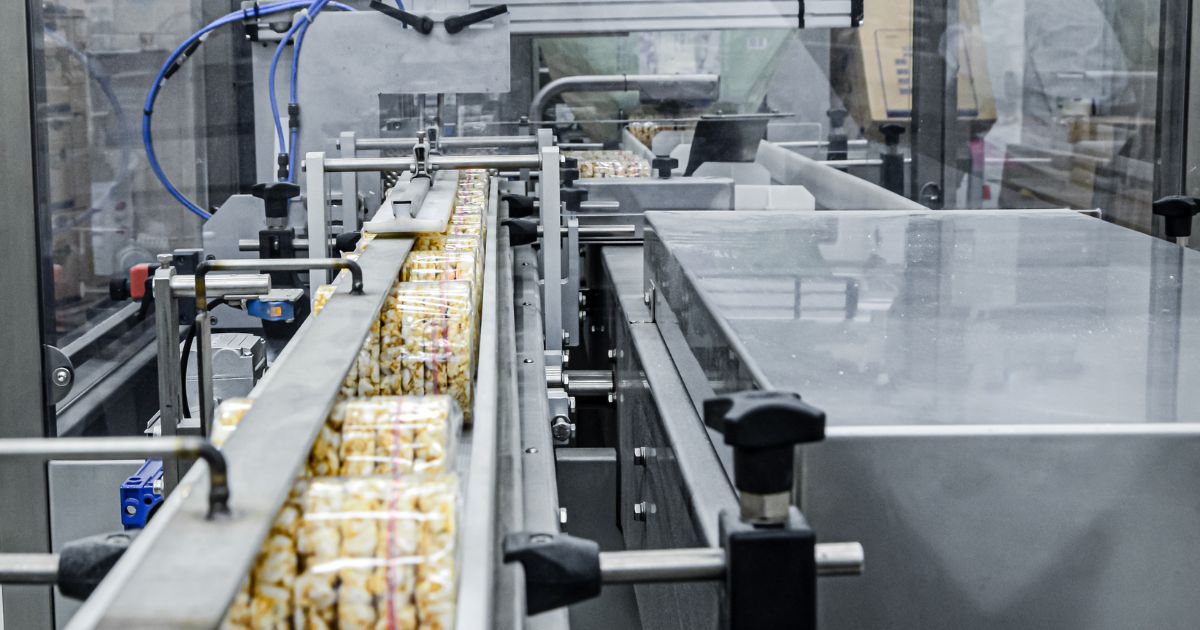
Food and Beverage
Balancing taste, nutrition, and safety within stringent regulations, the food and beverage sector prioritizes reliable sealing solutions.
What to consider:
- Compliance standards: Seals must meet health and safety regulations like FDA, NSF 61, and WRAS to ensure food and beverage safety.
- Temperature resistances: Processes might involve boiling or freezing, and steam exposure, demanding seals that can withstand these extremes.
- Resistance to aggressive cleaning agents: Facilities frequently undergo thorough cleanings with aggressive agents, requiring seals to endure these processes without compromising integrity. Known for its resilience against harsh chemicals, braided packing made of PTFE is often preferred in such settings.
- Other considerations: The food industry may also need to account for seals’ longevity and wear resistance in repetitive processes, potential interactions with various food and beverage ingredients, and the sustainability and eco-friendliness of sealing materials.
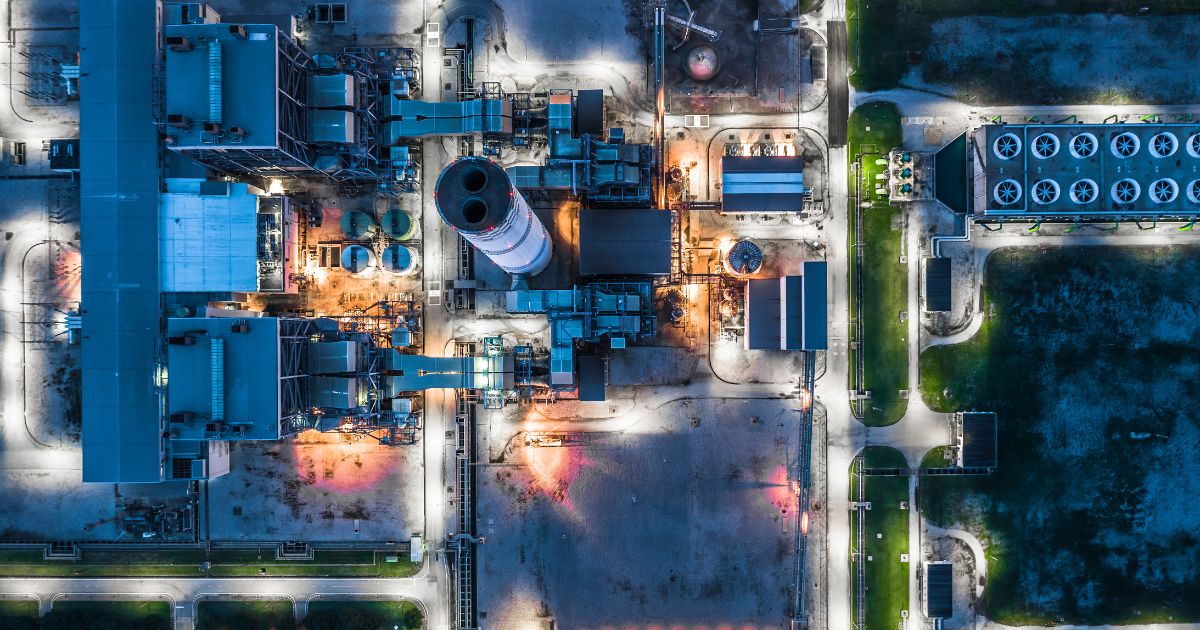
General Manufacturing
The diverse manufacturing sector requires versatile sealing solutions to cater to products ranging from household items to specialized machinery.
What to consider:
- Durability in varied conditions: Depending on the product, seals might face heat, cold, or abrasive materials.
- Adaptability to a range of products: Seals must suit different products, from electronics to heavy machinery.
- Longevity under repetitive use: Seals undergo repetitive actions in assembly lines and must resist wear and tear.
- Other considerations: The general manufacturing industry must also weigh factors like ease of installation and replacement, compatibility with diverse manufacturing processes, potential cost-effectiveness over time, and the environmental impact of sealing materials.
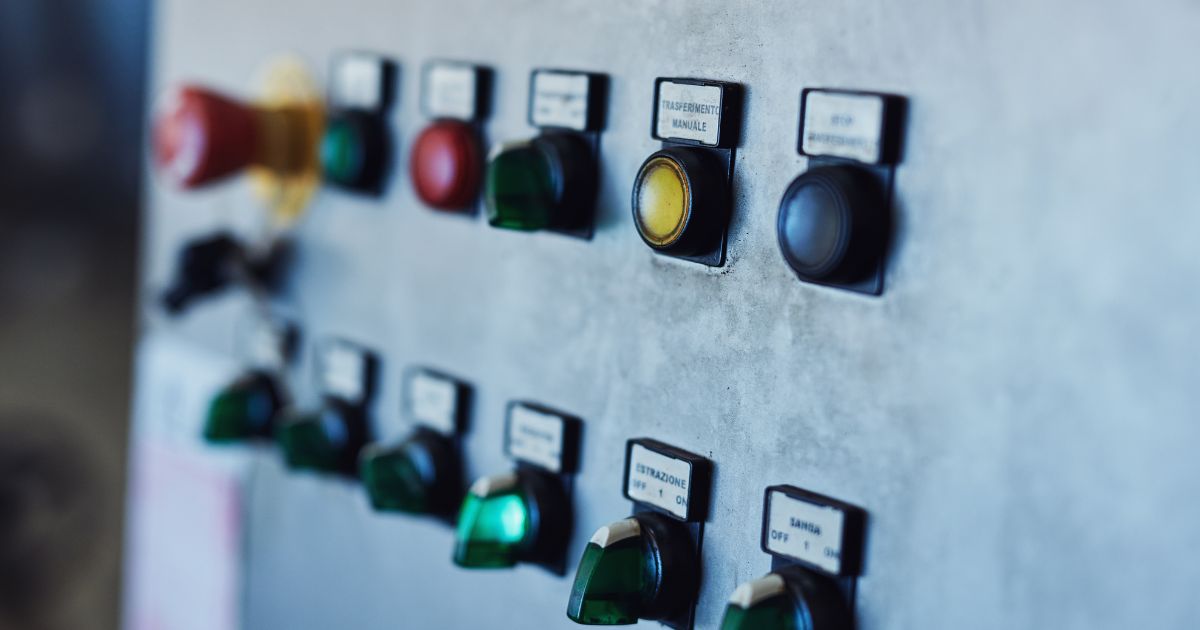
Instrumentation and Controls
Precision dominates the instrumentation and controls industry, demanding sealing solutions that mirror exactness and reliability.
What to consider:
- Performance in high-precision environments: Any seal failure can result in inaccurate readings or controls, demanding utmost sealing precision.
- Resistance to external environmental factors: Instruments may be used outdoors or in harsh environments, challenging the seals to perform in extreme conditions.
- Compatibility with diverse materials and chemicals: Instruments might interact with various chemicals or materials, so seals must be universally compatible.
- Other considerations: Factors such as electrical conductivity or insulation, miniaturization requirements, ease of maintenance and inspection, and potential interference with signal transmissions are also critical for the instrumentation and controls industry.
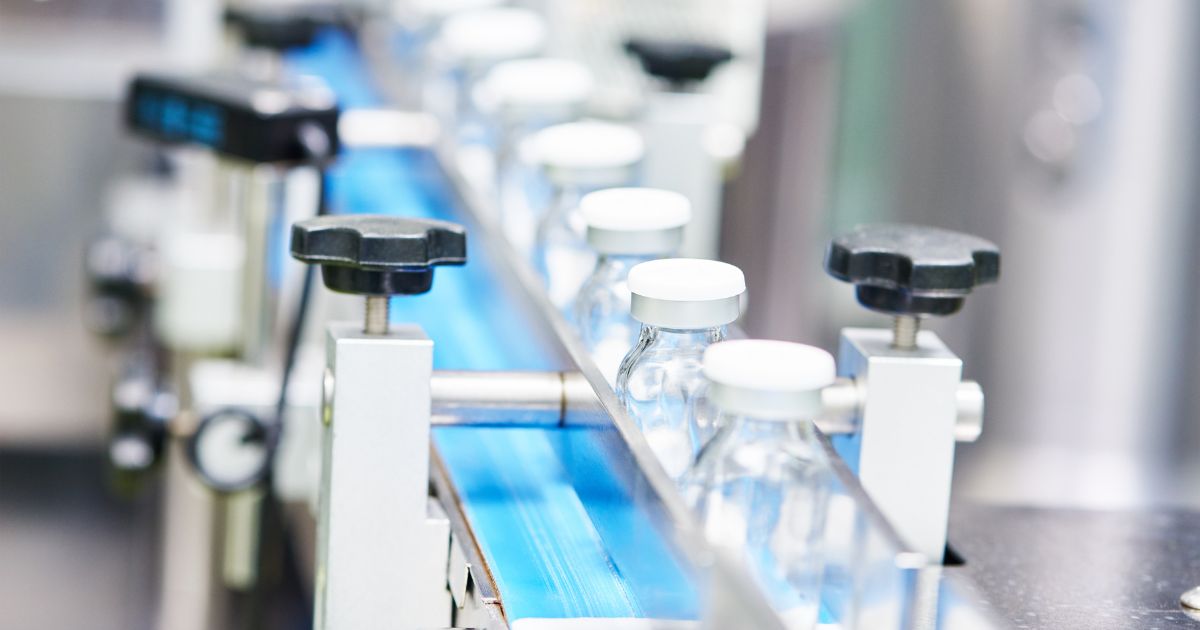
Life Sciences
At the crossroads of nature and technology, life sciences prioritize innovation and safety in sealing solutions.
What to consider:
- Safety: Given that life sciences focus on living organisms, ensuring the integrity of seals is critical to prevent adverse effects or compromised results.
- Sterility: In genetic or cellular studies, seals must ensure an absolute barrier to prevent contamination.
- Durability in research environments: Seals face various challenges in labs, from aggressive chemicals to abrasive materials.
- Other considerations: When choosing sealing solutions, the life sciences industry may also consider factors such as compatibility with specialized equipment, adaptability to dynamic research needs, and resistance to rapid temperature fluctuations.
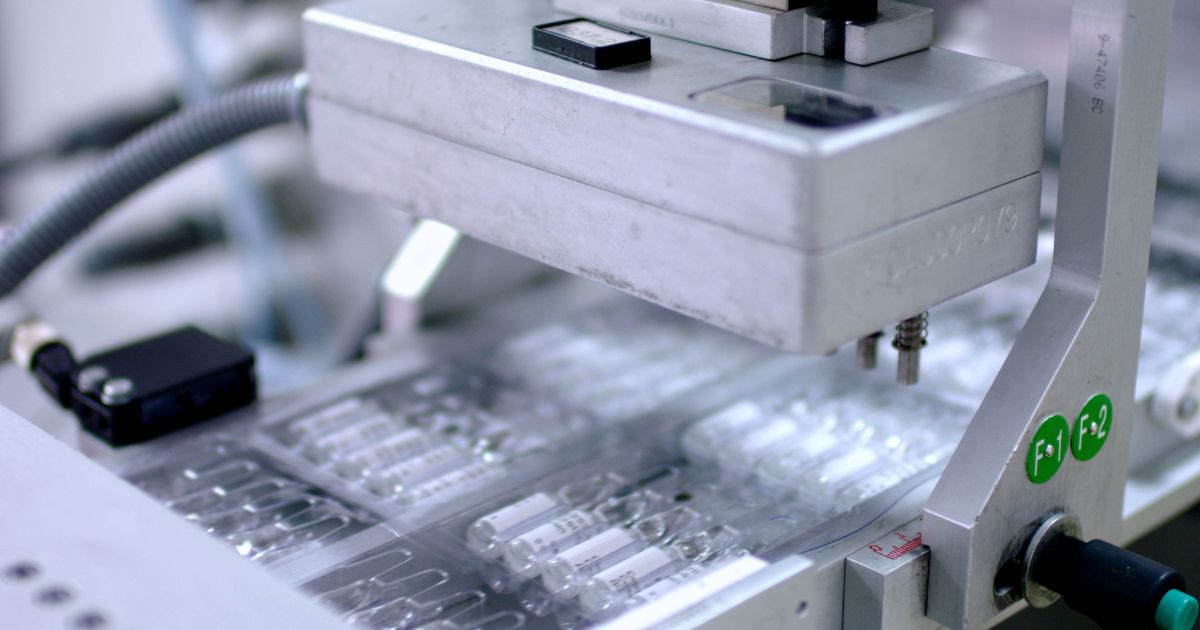
Medical
In the crucial realm of healthcare, sealing solutions in the medical industry must meet the highest safety and reliability standards.
What to consider:
- Patient safety: Compromised sealing can jeopardize patient health.
- Sterility: Medical equipment, especially surgical, must be sterile, requiring seals that can be sanitized effectively.
- Biocompatibility: Seals in implants or devices in contact with the body must be non-reactive and safe.
- Other considerations: The durability of seals in repetitive sterilization processes, resistance to diverse medical fluids and drugs, and adaptability to evolving medical technologies and practices are other seal factors for the medical industry.
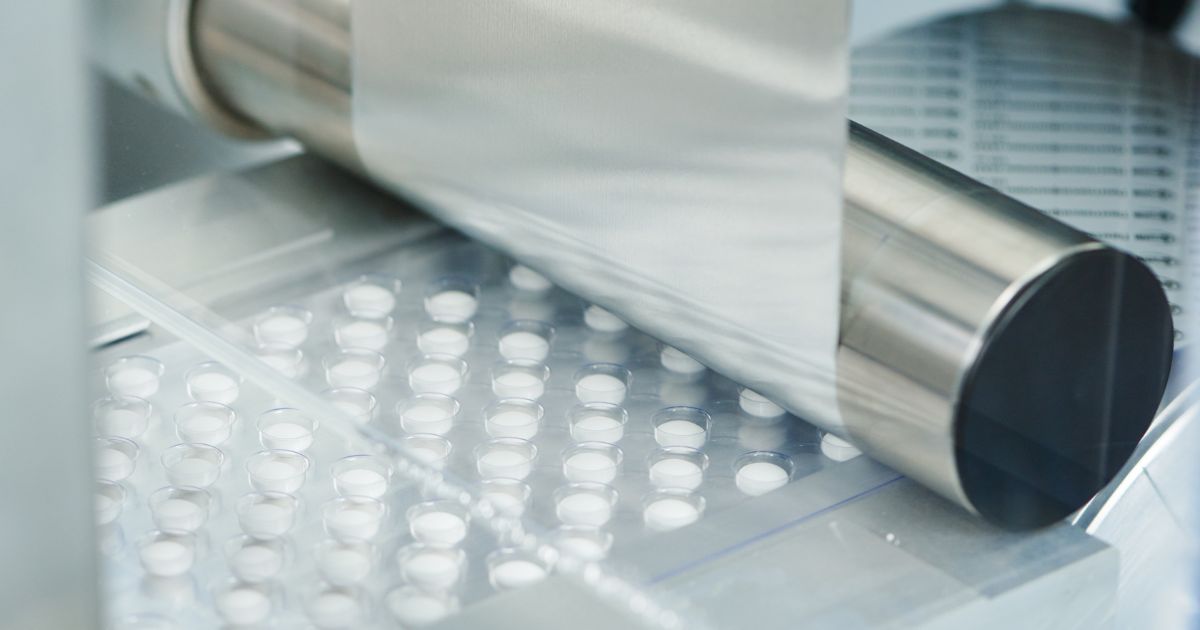
Pharmaceutical
In crafting global health solutions, the pharmaceutical industry requires seals that ensure purity, efficacy, and sterility throughout production.
What to consider:
- Chemical resistance: The formulation of drugs often comprises a diverse range of chemicals, demanding seals that can stand up to each one. Solutions such as Parker’s FF156 FFKM seals, crafted from perfluoroelastomer compounds, are frequently selected due to their wide-ranging chemical compatibility.
- Sterility and contamination prevention: The pharmaceutical production environment necessitates seals that uphold strict sterility standards to maintain product integrity, repel external contaminants, and prevent shedding or outgassing that could compromise drug purity.
- Other considerations: The pharmaceutical industry must also consider the long-term stability of seals under storage conditions, adaptability to automated production lines, and compliance with global regulatory standards when choosing seals.
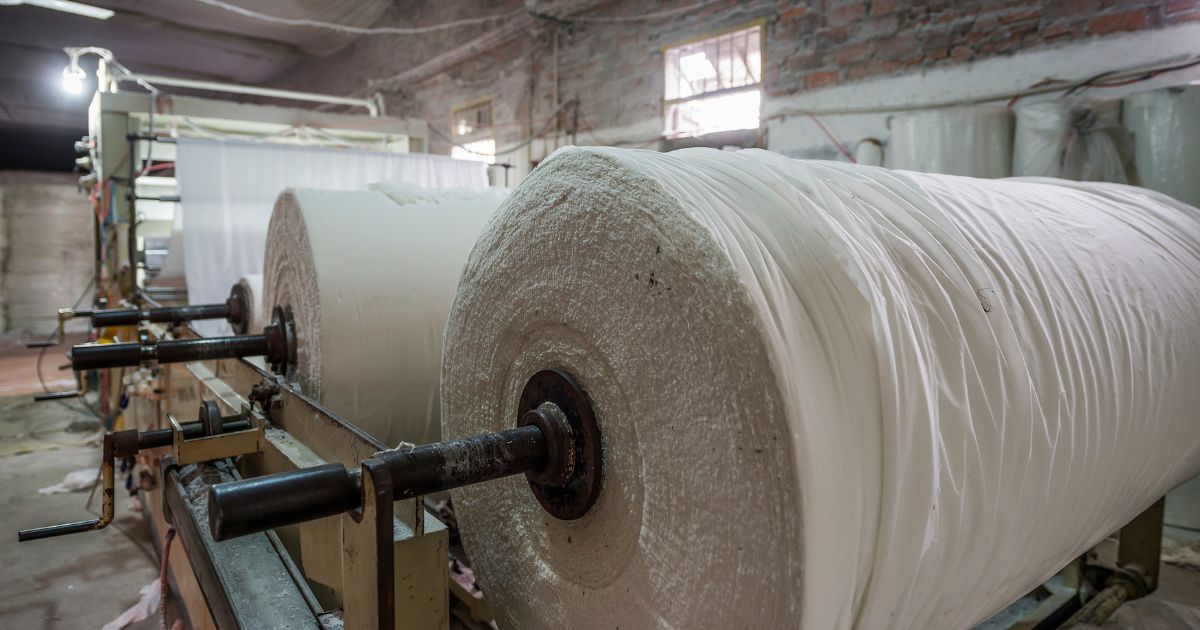
Pulp and Paper
Combining long-time traditions with modern techniques, the pulp and paper industry‘s best seal balances functionality with sustainability and cost-effectiveness.
What to consider:
- Abrasiveness and Corrosive Chemical Resistance: Turning wood into paper involves significant abrasion, which can wear out seals faster than in other industries. In addition, during the pulping and bleaching processes, seals encounter aggressive chemicals that can deteriorate materials not specifically designed for such environments.
- Sustainability: As the pulp and paper industry faces increasing pressure to adopt environmentally-friendly practices, seals must be durable and ecologically sustainable. This ensures minimal environmental impact during their lifecycle.
- Temperature and Pressure Fluctuations: The pulp and paper manufacturing process involves various stages where temperature and pressure change drastically, requiring seals to withstand these shifts.
- Water Resistance: Given the extensive use of water throughout the pulp and papermaking process, seals must resist moisture and potential water-based contaminants.
- Other considerations: Beyond the physical requirements, the pulp and paper industry must balance performance and cost. A testament to this is a recent case study where a judicious selection of mechanical seals translated into savings exceeding $1 million for a paper company.
Semiconductor
Operating with precision and innovation, the semiconductor industry demands sealing solutions that adhere to its meticulous standards.
What to consider:
- Contamination resistance: Even minute contamination can cause chip failure, necessitating ultra-pure seals.
- Chemical resistance: Chip manufacturing uses various aggressive chemicals that seals must withstand. This points to solutions such as FFKM (perfluoroelastomer) and FKM (fluoroelastomer) Viton® O-rings that can withstand harsh chemicals.
- Extreme operational conditions: Semiconductor manufacturing subjects seals to extreme conditions, from intense vacuums to elevated temperatures. Parker’s ULTRA FF352 and FF370 FFKM seals, constructed using perfluoroelastomer, is among the top sealing choices in these settings.
- Other considerations: The semiconductor industry must also factor in the rapid technological advancements and miniaturization trends. These ensure that seals remain compatible with evolving chip designs, sizes, and processes. Additionally, considerations about the longevity of seals in long-cycle production runs, resistance to high-frequency electromagnetic fields, and potential cost implications in case of production downtimes are crucial.
Navigating the intricate landscape of industry-specific sealing needs demands the expertise of a seasoned and reliable seal partner. As a complete solution, we provide a suite of services, including reliability consulting, engineering insights, advanced material science, kitting, reverse engineering, dedicated technical support, and a robust inventory of readily available seals. Reach out to discover how we can help you select the best seal tailored to your industry’s unique challenges.
